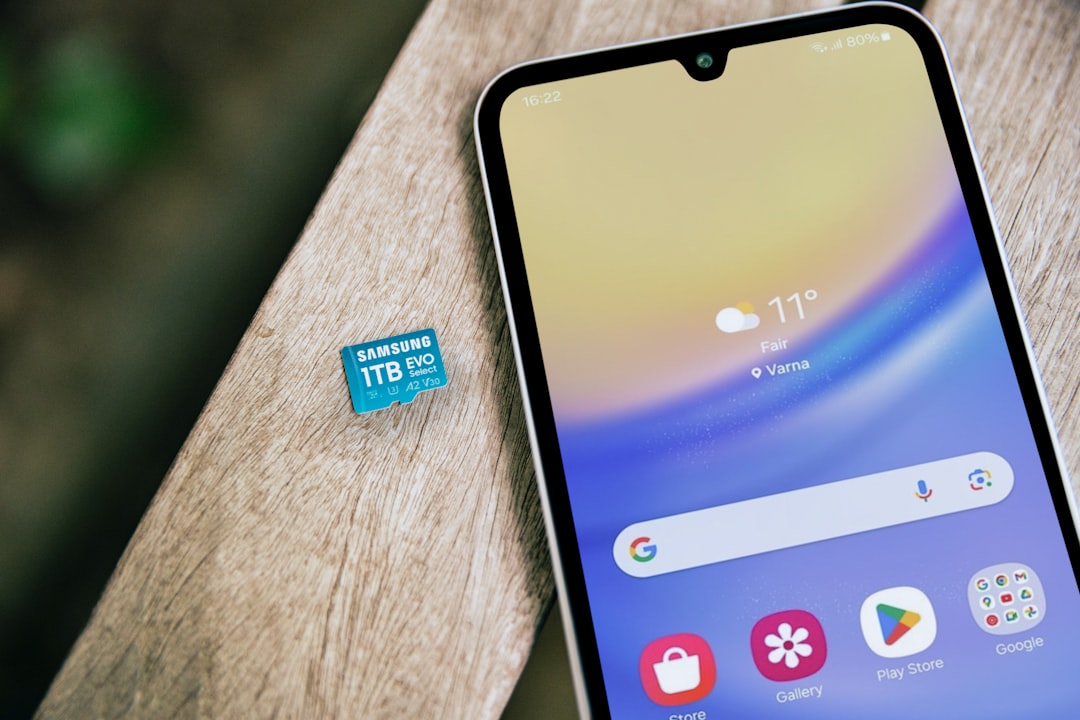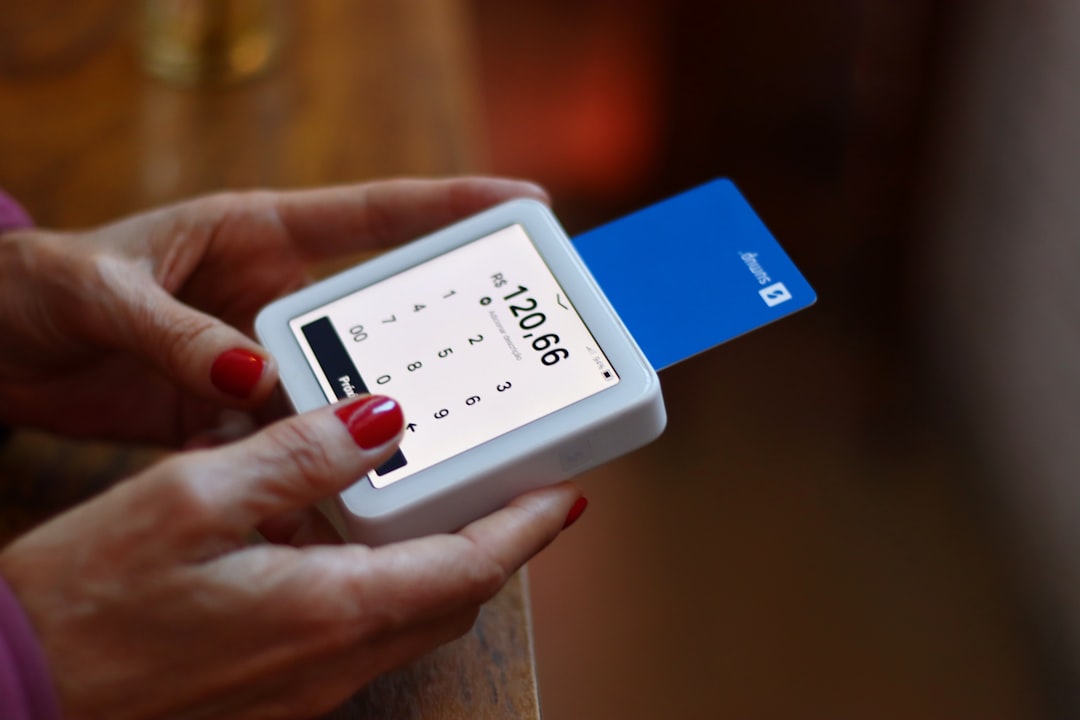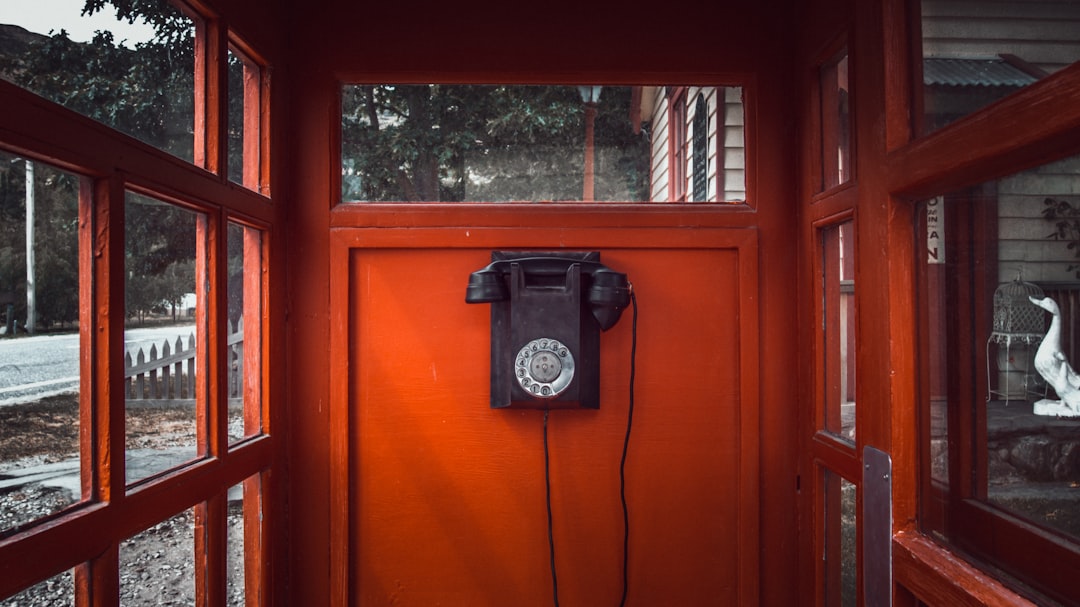Robocalls are a prevalent issue in Connecticut, prompting the state to implement strict robocall laws under the Connecticut Unfair Trade Practices Act (CUTPA). To combat these unwanted calls, residents can use reputable robocall blocking apps like Hiya, TrueCall, and NoMoRobo, which employ AI and community-driven databases. These apps offer real-time protection by identifying and blocking spam numbers, aligning with state regulations. Regular updates to call blocking lists are crucial as new robocallers emerge. By utilizing these tools and staying informed about robocall laws Connecticut, residents can find relief from harassing calls and contribute to a safer communication environment.
Connecticut residents face a relentless wave of robocalls, but luck is on your side. This guide navigates the legal framework surrounding robocalls in the state and equips you with powerful tools, starting with an in-depth look at top anti-robocall apps designed to block these unwanted intrusions effectively. Learn how to identify, report, and combat robocalls while understanding your rights under Connecticut’s robocall laws. Take control of your phone today!
Understanding Robocalls and Their Legal Framework in Connecticut

Robocalls, automated phone calls that deliver pre-recorded messages, have become a ubiquitous and often unwanted part of daily life in Connecticut, as across the nation. While many robocalls are from legitimate businesses offering promotions or services, a significant portion are considered illegal, known as telemarketing scams or spam calls. These unwelcome calls can be particularly intrusive for homeowners, leading to increased stress and time spent dealing with them.
In terms of legal framework, Connecticut has implemented specific robocall laws under the Connecticut Unfair Trade Practices Act (CUTPA) to protect consumers from deceptive and harassing telemarketing practices. These laws prohibit automated dialing systems from calling phone numbers listed on the National Do Not Call Registry or those who have opted-out of receiving such calls. Violations can result in fines, making it crucial for both residents and app developers to understand these regulations. Effective robocall blocking apps not only provide relief for homeowners but also help enforce these legal protections in Connecticut.
Identifying and Reporting Robocalls: Your Rights and Tools

In Connecticut, identifying and reporting robocalls are crucial steps in protecting yourself from unwanted phone calls. According to state laws, residents have the right to refuse marketing calls, often known as “do not call” regulations. If you recognize a pattern of recurring or suspicious calls, it’s essential to take action. Many apps now offer advanced features to identify and block robocalls using sophisticated algorithms that analyze caller patterns and data.
These applications provide powerful tools to combat the issue. Users can report suspected robocalls directly from their phones, aiding telecommunications regulators in identifying call sources. By utilizing these reporting mechanisms, Connecticut residents contribute to a more robust system aimed at curbing fraudulent or unwanted calls. Remember, your actions not only protect you but also help create a safer communication environment for all Connecticut homeowners.
Top App Options to Block Robocalls Effectively

In today’s digital era, robocalls have become a persistent nuisance for many Connecticut residents. However, navigating the landscape of phone scams is made easier by several top app options designed to block these unwanted calls effectively. Apps like Hiya and TrueCall stand out for their robust features that leverage advanced AI and machine learning algorithms to identify and block robocalls in real-time. These applications not only filter out known spam numbers but also adapt to new patterns, ensuring a more comprehensive level of protection against evolving robocall tactics.
Another notable mention is NoMoRobo, an app built specifically with Connecticut’s robocall laws in mind. By utilizing extensive databases and community reporting, NoMoRobo offers a community-driven approach to identifying and blocking spam calls. In light of the state’s strict robocall regulations, this collaborative model ensures that residents have access to cutting-edge tools to protect their privacy and peace of mind.
Implementing and Customizing Your Anti-Robocall Strategy

Implementing and customizing your anti-robocall strategy is key to staying protected in Connecticut, where robocall laws are strictly enforced. The first step involves installing a reputable anti-robocall app, designed to block unwanted calls from known spam numbers. These apps often come with pre-programmed lists of common robocallers and can be easily customized to suit your needs.
Once installed, users can fine-tune their settings by adding specific numbers to block or allowing certain types of calls. Many apps offer advanced features like call screening, where you can choose to answer or dismiss calls from unknown or suspicious sources. Regular updates to these lists are crucial as new robocallers emerge daily, ensuring your protection under Connecticut’s robocall laws remains robust and effective.






